I have been cautiously optimistic about Civilization 7 since I saw a very brief glimpse of it at Gamescom 2024. It’s a return to a more realistic art style for starters, and while I did enjoy Civilization 6, it’s the fifth game in the series that has always been the one for me.
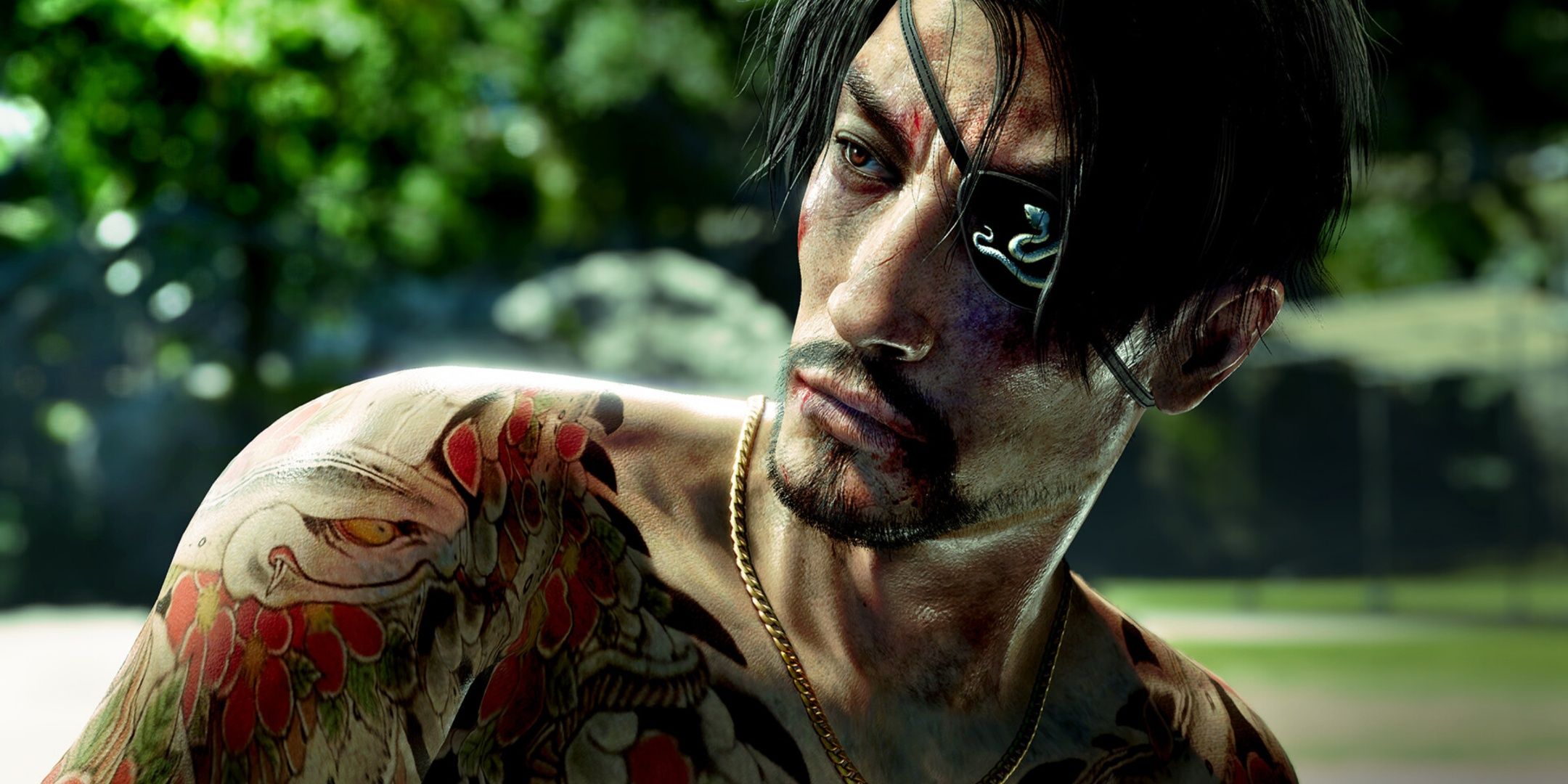
Related
Like A Dragon Is Already A Better Pirate Simulator Than Skull And Bones
I can’t wait to sail the seven seas as Goro Majima.
While I can’t speak about anything beyond the Exploration Age, there’s still a lot to cover here. Rather than provide a scored review – that will come later – this is my story of a civilization from Antiquity to the Exploration Age.
Classic Formula
A game of Civilization 7 begins like every other Civilization game: you start with a Founder, which instantly settles a city. Then you build two scouts (this is my usual strategy) to explore nearby territory. The map is gorgeous and I love the little details. Natural Wonders are particularly stunning. As you explore, you encounter ruins, cairns, and camps that grant bonuses to your civilization. These are definitely more nuanced than in previous games, with more narrative and mechanical choices. For example, you can choose to recruit troops for early military advantage, or disband them into your town for extra food and production. Rather than just ‘Receive one technology for free’ like previous games, even early on, you are deciding the fate of your future empire.
I’m playing as Confucius, who has a bonus for growth rate and extra science per specialist. After beating the game on Scribe, Governor, Viceroy, and Sovereign, it’s time to try out Immortal, the second-hardest difficulty. Up until this point, I hadn’t struggled much against the AI and, generally, it has been the independent factions completely swarming my starter cities and towns that have caused big trouble in the early game. This time I’m going to focus on science and build an early army to protect my lands.
The Game Begins
A foreign scout emerges from the mist. It’s a member of an independent faction, which is this game’s version of city-states. Some might be hostile, while others can be befriended for excellent early bonuses and a wide selection of suzerain rewards. I really enjoy how much choice there is so early on in Civ 7. It’s as if Firaxis understands that the first 50 turns of the game are the most enjoyable, and has really leaned into that experience.
As expected, a short while later there are hordes of hostile troops on my borders. I train a couple of Chu-Ko-Nu, Confucius’ unique ranged units, at the expense of my important buildings. I also lean into military civics and tech, ultimately gunning for the civic that provides me with a free army commander. Army commanders are an excellent addition to the game – they make unit management much easier, as you can stack several units into one tile and move them as a whole. They are also the only unit that can receive promotions and continue into a new age. Commanders are very important in Civ 7, and you should grab them early if you can. Conflict is pretty much inevitable.
My Chu-Ko-Nu makes short work of the invading hordes. Thankfully, my neighbour, Pachachuti, has also sent some soldiers to assist. He actually has a worrying number of troops. This is a problem for later. I just need to focus on my own empire. First, by expanding with two nearby towns – one close to Torres Del Paine, a Natural Wonder that grants my units the ability to easily pass through rough terrain for the rest of the game.
Expansion, Conflict, Progression
My first run on Immortal is not going so well. My capital is taking 40 turns building the Hanging Gardens, even with two Marble resources that provide a ten percent bonus to wonder production. I give up on that and lean heavily into my Chu-Ko-Nu. Over the next few dozen turns, I build up my forces, clear out the nearby aggressive independent states, and then turn my attention on Pachachuti, who in true Civ AI fashion, has settled about 50 cities right on my border.
Warfare in Civ 7 is enjoyable. The army commanders add a new layer of tactics, as they have special abilities and zones of control that make unit placement particularly important. As it goes, my Chu-Ko-Nu makes short work of the enemy – one of my civics grants them +5 combat strength while defending, and Pachachuti runs his troops into them without thinking about that. I’m able to take a border city, and slowly my empire begins to grow.
As the conflict progresses, I’m building up towards a military victory for the age. Each age has its own victory conditions that grant you either a golden age or a dark age when you progress into the next era. To successfully achieve a military golden age, I need to control at least 12 settlements – settlements I capture from foreign powers count as two towards this goal. I’ve got a lot of work to do.
Ages And Legacy Points
Unfortunately, I’m unable to muster 12 settlement points. I came close, with ten, which will still grant me some rewards as I head into the Exploration Age, but I could’ve done better. As the age transitions, all conflicts are ended, my troops miraculously disappear or upgrade into different troops, and everything is reset. Sort of.
I’m still not 100 percent sure how I feel about this. The transition between ages feels disjointed. I also have to switch civilizations, but remain as Confucius – so now I am Roman Confucius. It doesn’t make any sense. I didn’t like this system in Humankind, and I’m not sure if I like it here either. Undoubtedly something I’ll chew on a bit more in my review.
It’s time to start exploring. The Exploration Age has some unique mechanics that I really enjoy, primarily trying to stock up a number of treasure fleets by settling cities in new lands. If you settle on ‘distant land’ resources, like tea or sugar, eventually a treasure fleet will spawn that you can send back to your capital for gold. This opens up combat on the sea for the next era, as well as the opportunity to meet civilizations from the other side of the world.
In defense of the ages system, this feels like a separate, standalone part of the game. I don’t mind the soft reset because it staggers progression in the game. Rather than just one long slog, you can approach this era with a completely different strategy. The exploration feels similar to when you first sent out your scout right at the beginning of the game. It’s clear Firaxis has tried to capture that ‘new game feeling’ with the Exploration Age. Tried and succeeded.
The Exploration Age is relatively peaceful for my empire. I am aiming for a scientific victory, after all, even though my goals got a little confused with so much military action during Antiquity. I build my treasure fleets and focus on building scientific buildings with the gold I procure. I’ve decided to play quite tall, which means my cities have plenty of specialists – each granting me bonus science. The strategy seems to be working, for now.
But this is Civilization. Anything can happen in the Modern Age.
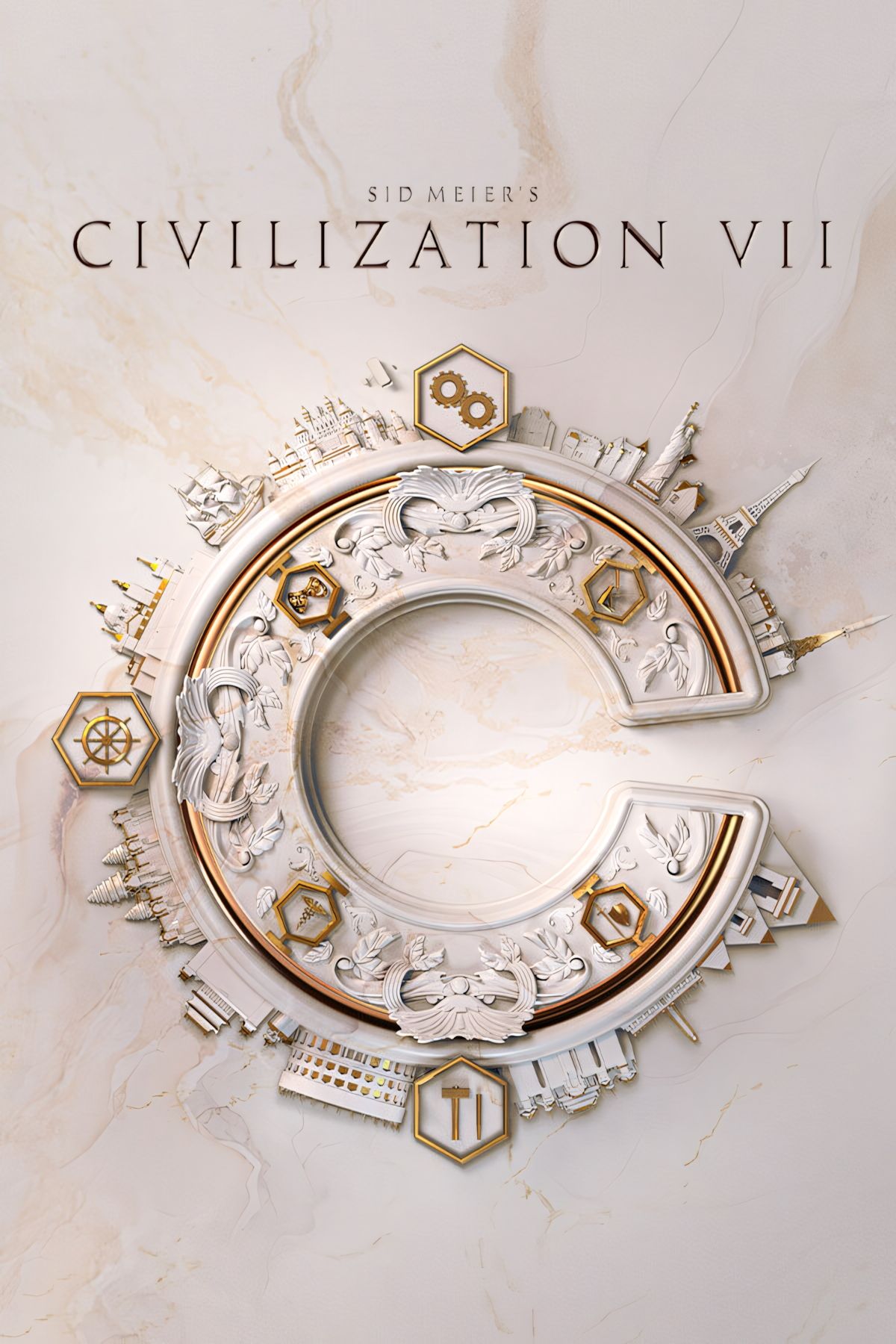
The award-winning strategy game franchise returns with a revolutionary new chapter. Sid Meier’s Civilization® VII empowers you to build the greatest empire the world has ever known!
In Civilization VII, your strategic decisions shape the unique cultural lineage of your evolving empire. Rule as one of many legendary leaders from throughout history and steer the course of your story by choosing a new civilization to represent your empire in each Age of human advancement.
Construct cities and architectural wonders to expand your territory, improve your civilization with technological breakthroughs, and conquer or cooperate with rival civilizations as you explore the far reaches of the unknown world. Pursue prosperity in an immersive solo experience or play with others in online multiplayer.
Whether you choose to follow a path rooted in history or reimagine possibilities to chart your own way forward, build something you believe in and create a legacy that echoes through the Ages in Civilization VII.
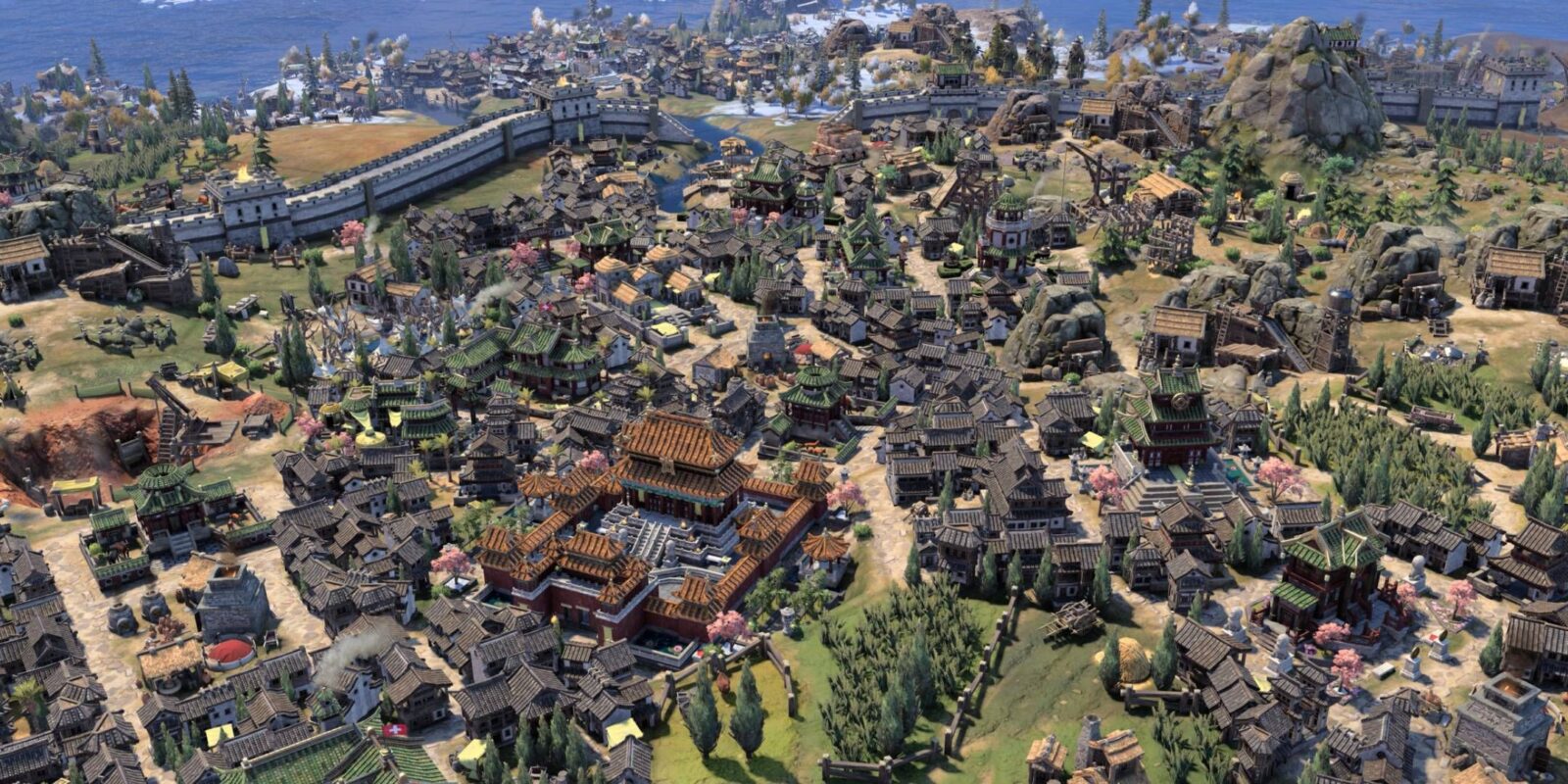
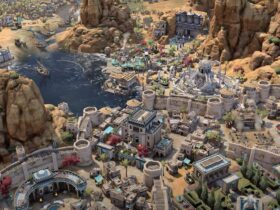
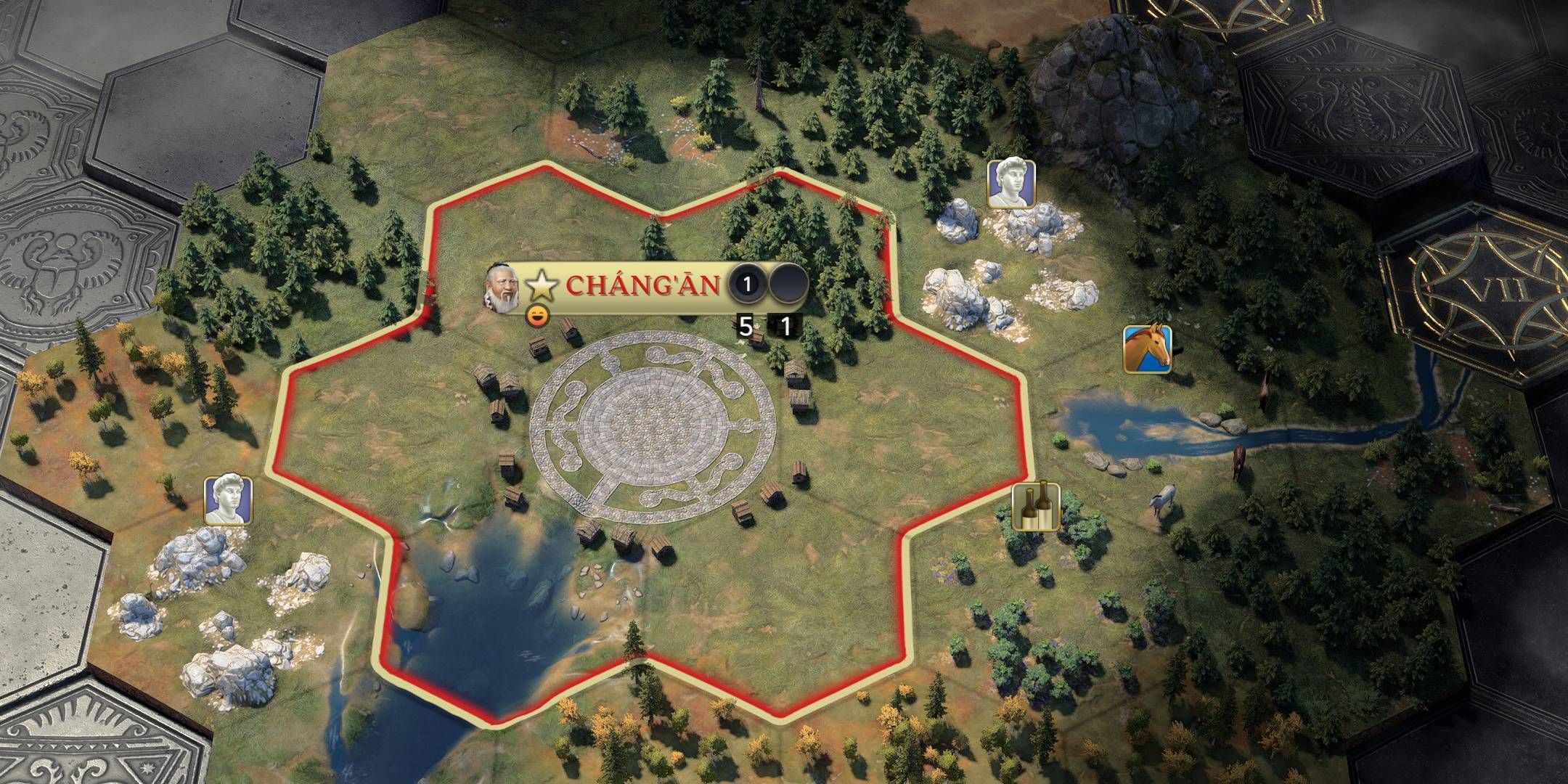
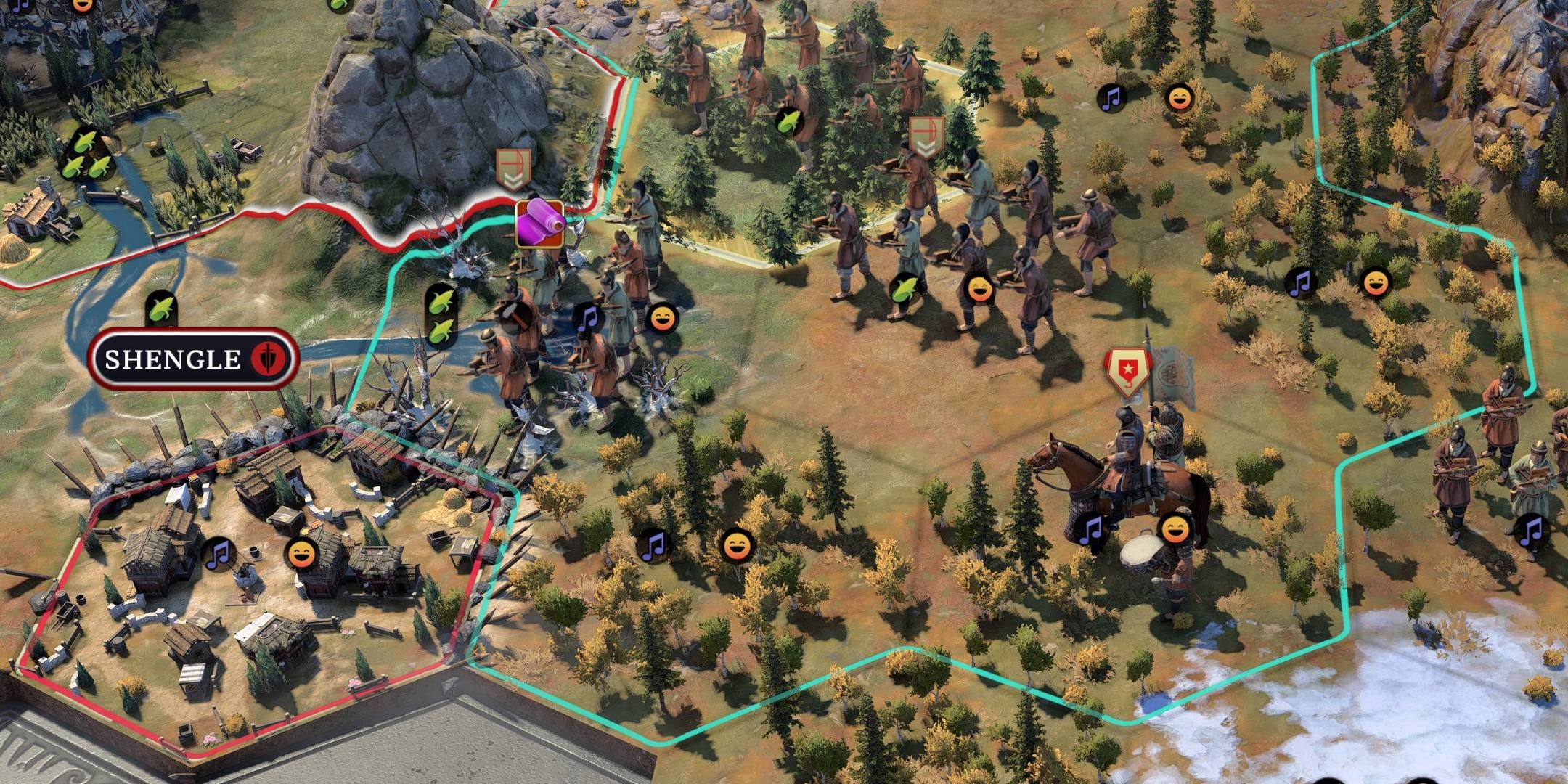
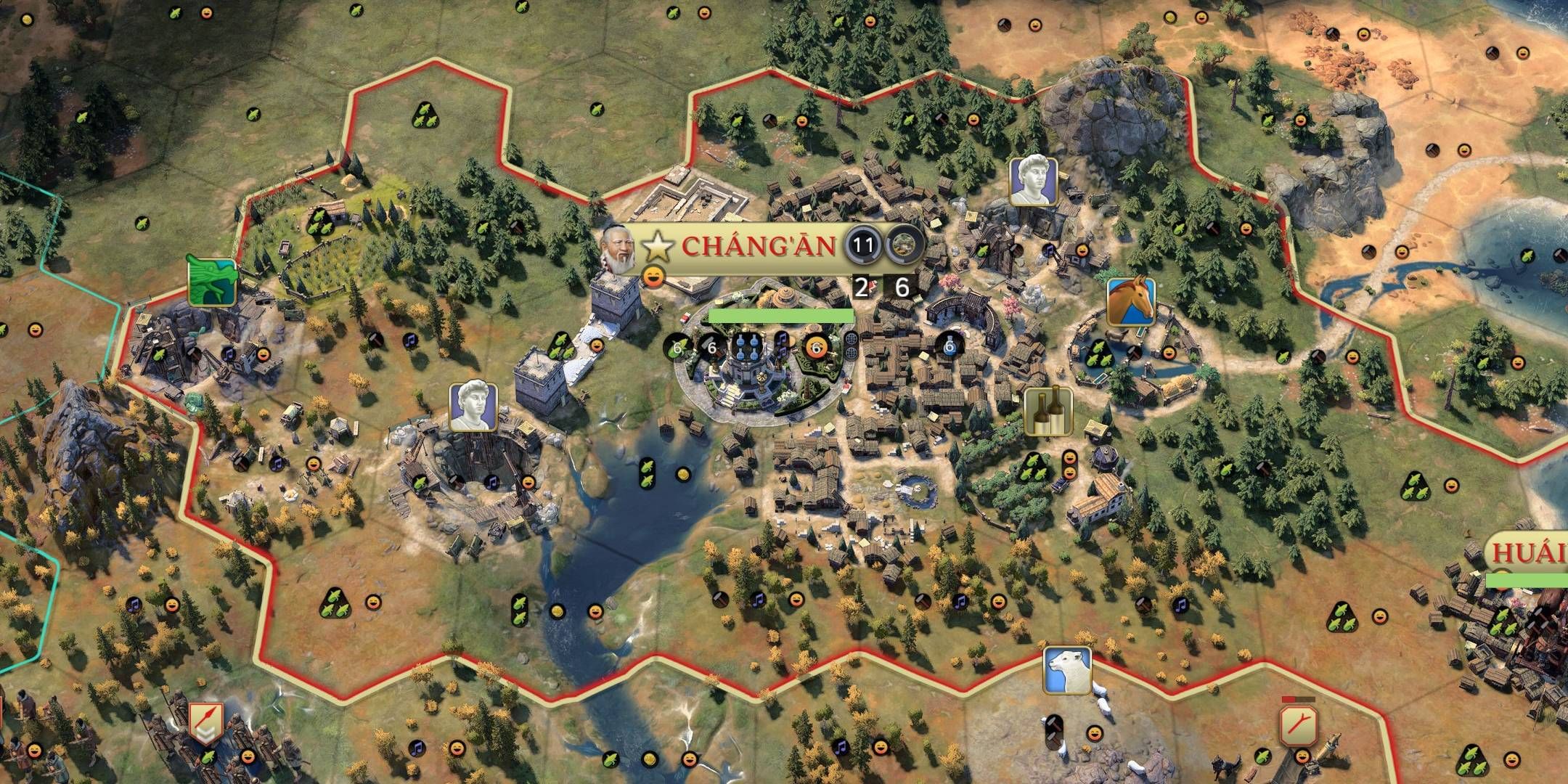
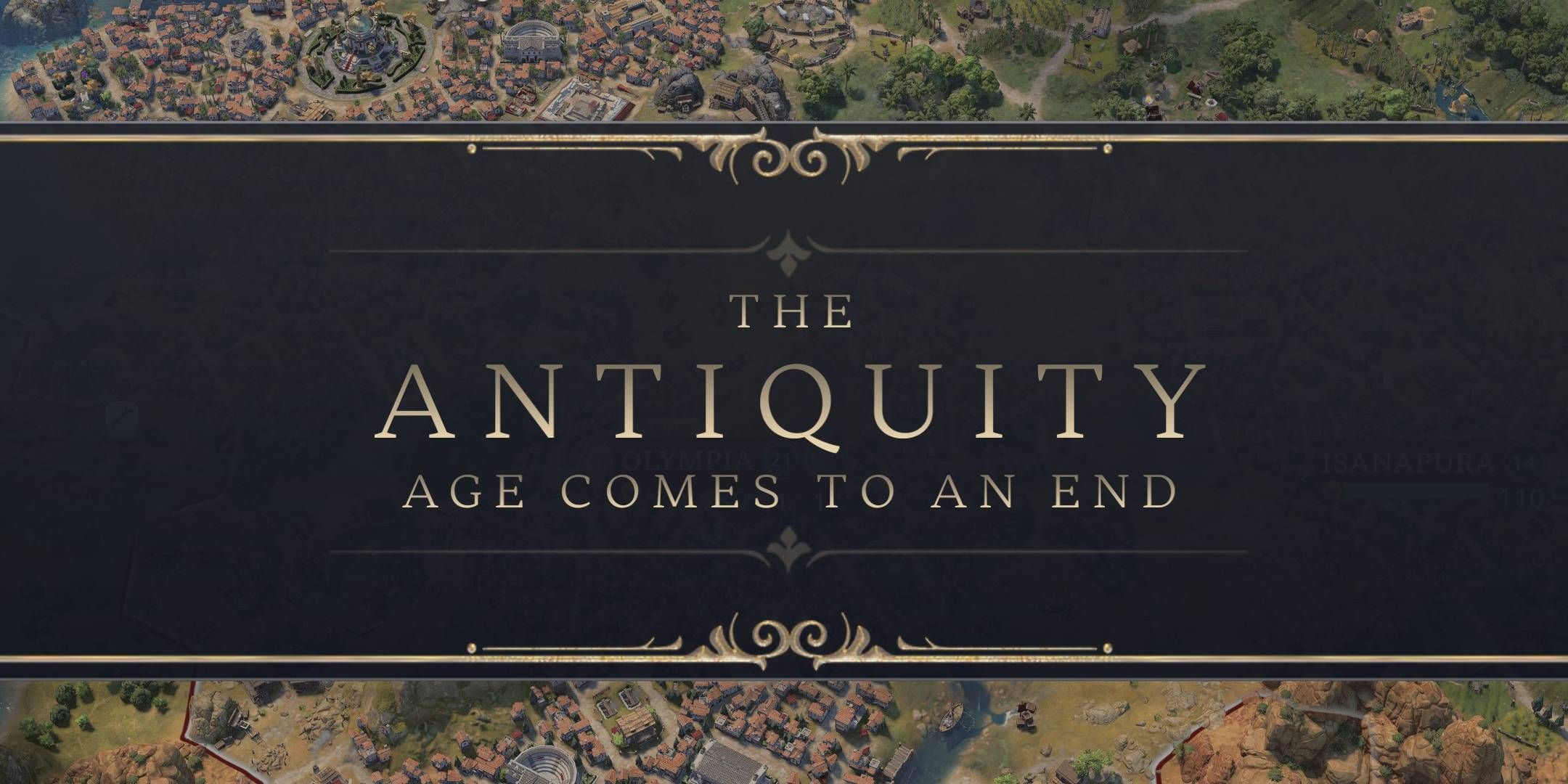








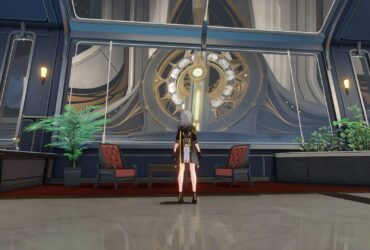
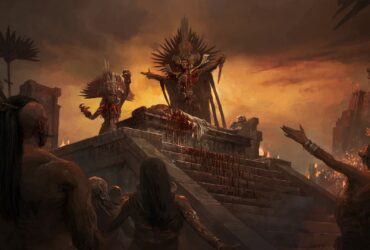
Leave a Reply